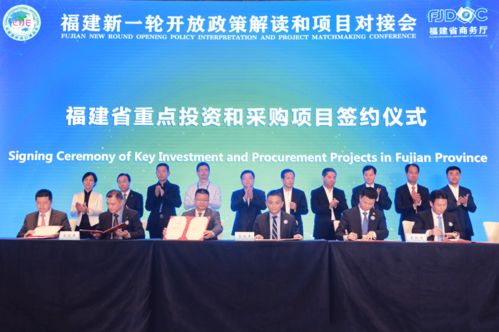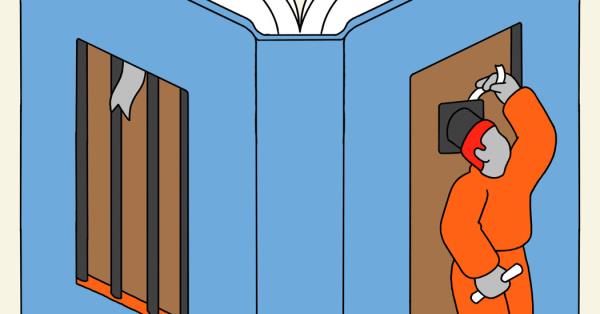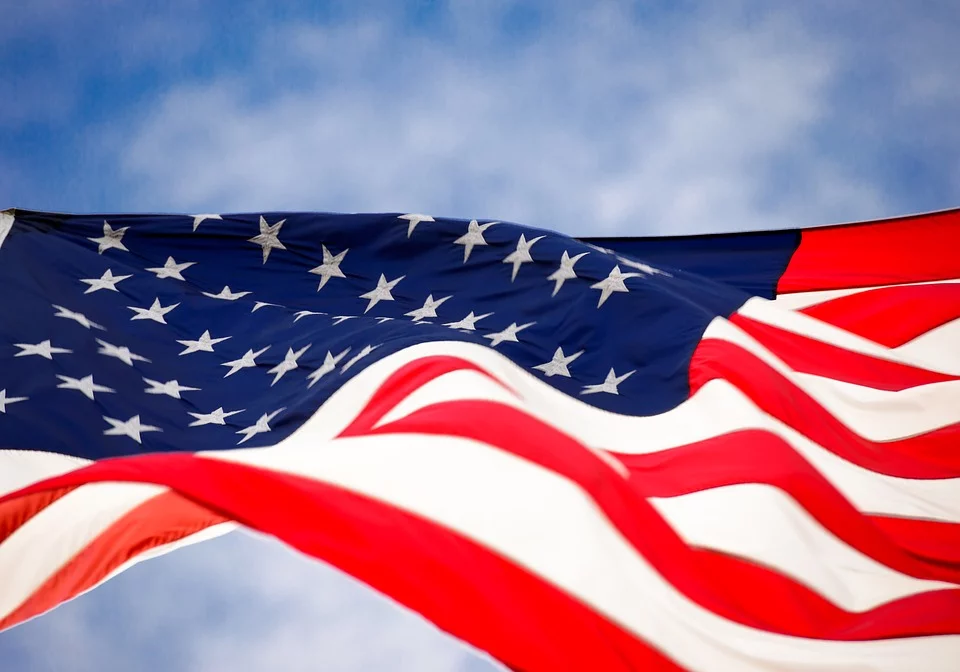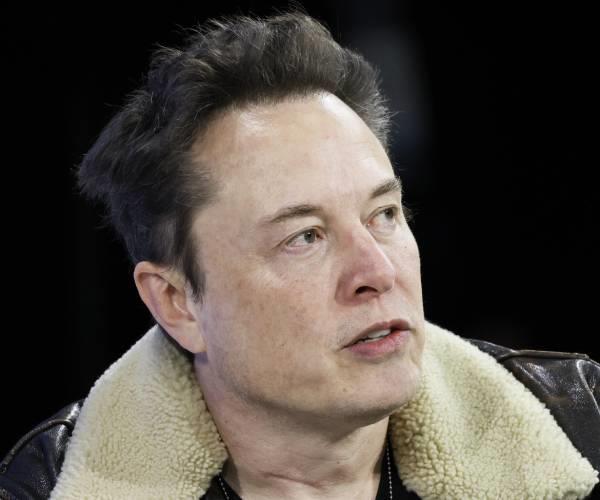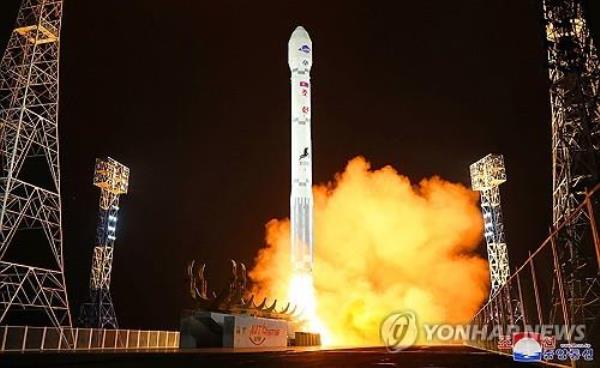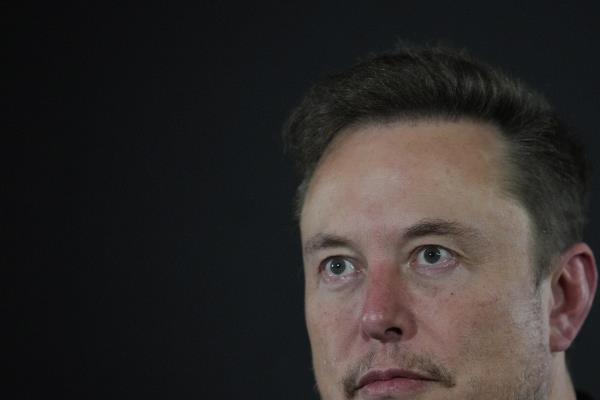Having exhausted the search for “rich Arabs” who could prop up his company, having tired of calls for “laissez-faire for ever and other assorted bullshit” and having decided that “bankruptcy would be catastrophic”, the chief executive flew to Washington to beg.
“I think we are doing enough to help ourselves. You just watch us. You will see a lot of action at Chrysler. You will see better cars and you will see better service and better quality,” he promised.
Thus spake Lee Iacocca, chief executive of Chrysler, seeking a federal bail-out in October 1989. Sounds familiar.
Mr Iacocca's eponymous memoir ends, after fierce tussles with critics who tried to stymie federal loan guarantees, with Chrysler put back on its feet by the US taxpayer.
Nineteen years later, Detroit is in trouble again. It faces falling sales, an oil shock and a liquidity crisis, with its Asian competitors selling more fuel-efficient, smaller cars. This time, all three of the Detroit companies are in line for government aid.
Rick Wagoner, chairman and chief executive of General Motors, is repeating Mr Iacocca's pitch. The US cannot afford a Detroit failure, which would hurt suppliers and cause high unemployment and economic chaos. GM has a good recovery plan; it just has to be tided over.
Another bail-out is practically a fait accompli. Barack Obama, the US president-elect, has signalled that
he favours one and is pushing
George W. Bush to act quickly. Democratic congressional leaders want some cash from the $700bn bail-out fund to go to the big three, in addition to a $25bn (20bn, £17bn) loan to make better cars.
After the financial panic that followed the collapse of Lehman Brothers, and with recession looming, there is little appetite for letting GM, Ford and Chrysler go bankrupt. One motor industry-funded study calculates it could cause 3m job losses and cost the US government $160bn.
But, before the cash starts flowing to Detroit, here are three reasons this bail-out is a bad idea.
First, it will reward failure. To read Mr Iacocca's memoir is to realise that, while Detroit often pledges to change and periodically shows progress, one thing is unchanged in two decades. It is still overpromising and underdelivering against Japanese and South Korean rivals.
GM, Ford and Chrysler are better at talking their own book than making cars, which is a tough business. It is particularly hard when you are stuck with high structural costs, an inflated dealer network and regulations that provide you with incentives to make trucks and sports utility vehicles.
GM can point to some new cars, such as the Chevrolet Malibu, that are of high quality and that 14 of its 15 new vehicles between now and 2010 will be passenger cars or crossovers (lighter SUVs). But when Detroit says things will be different this time, why should we believe it?
Second, it will preserve chronic overcapacity. For years, the Detroit car companies have pumped up US sales to 16m or 17m units a year with financial incentives in order to keep their factories going. They made it so cheap to buy a new car that the average age of cars on the road has steadily fallen.
As a result, when recession looms, customers can stop buying cars because the ones they already have work fine. GM now expects annual US sales to fall to about 12m per year in 2009 and 2010, which amounts to financial catastrophe for Detroit.
The big three want tax breaks
and subsidies to inflate US sales again, although the sustainable level is far lower than they have been pretending. “This industry needs to lose capacity. It is obsessed with vehicle renewal and accelerating the replacement cycle, which pushes up fixed costs,” says John Wormald of Autopolis, an industry consultancy.
Third, a Detroit bail-out will harm the US auto industry as a whole because it will benefit the least efficient companies, while the most efficient ones – Asian companies that build vehicles at non-unionised plants in southern states – will face subsidised competition.
We know how this story ends because we have seen it elsewhere. The UK, which struggled for decades to prop up underperforming British car companies, finally conceded defeat to US and Asian companies, only to find it gained a more stable industry that employed more people.
All any government can do is stand in the way of history for a time, and the US is becoming a repeat offender. Perhaps the immediate cost of a Detroit bankruptcy is too high but the long-term effects would be beneficial, a point Margaret Thatcher recognised in the 1980s when, as UK prime minister, she stood up against unions to enforce closures of coal mines.
Having said all of this, a Detroit bail-out is going to happen anyway, so how can the US get the most from its flawed investment?
One condition Washington should insist on is that GM takes over Chrysler and reduces Detroit's big three to two. It is what GM, and Chrysler's owner, Cerberus Capital Management, planned before the cash crunch struck and GM started angling for federal money instead.
The GM-Chrysler logic still holds. It might cost $10bn to close plants and dismiss half of Chrysler's 66,000 employees but the US would get a smaller and stronger industry and Detroit's competitors would be less crowded out by the US taxpayer. For the struggling economy, it would be painful but bearable.
Besides, Chrysler has already had one bail-out from Washington and promised to do better in future. Congress would need an awfully short memory to be fooled again.
参考译文:
在费尽心机寻找能够帮助自己公司的“阿拉伯富豪”之后,在对呼吁“永远奉行自由放任政策以及其它各种各样的荒谬理论”感到厌倦,并认定“破产将是一场灾难”之后,这位首席执行官飞往华盛顿求援。
他承诺道:“我想我们正奋力自救。你们就瞧着吧。你们会看到克莱斯勒采取诸多行动,我们的汽车、服务和质量都会更加出色。”
这是克莱斯勒(Chrysler)前首席执行官李?艾柯卡(Lee Iacocca)在1989年10月寻求一项联邦纾困方案时的讲话。听起来有些耳熟吧?
艾柯卡那部以他自己名字命名的回忆录以这样的事实收尾:在与试图阻止提供联邦贷款担保的批评人士进行激烈斗争后,克莱斯勒凭借美国纳税人的钱起死回生。
19年后的今天,底特律再度陷入困境,面临着销量下滑、油价的冲击和流动性危机,而亚洲的竞争对手又在销售更节能、更小型化的汽车。这一次,底特律的三家汽车公司都在排队等待政府施以援手。
通用汽车(General Motors)董事长兼首席执行官里克?瓦格纳(Rick Wagoner)正在重弹艾柯卡的老调:美国承受不起底特律的破产,这将损及供应商,并导致大量失业和经济混乱;通用汽车有一套很好的复兴方案,只不过先得度过眼下的难关。
又一次纾困实际上已成为既成事实。美国当选总统巴拉克?奥巴马(Barack Obama)表示,他赞成纾困,并正敦促美国总统布什(George W. Bush)迅速行动。民主党国会领袖希望,除了提供250亿美元贷款以外,再从7000亿美元纾困资金中拨一些给底特律三巨头,以便制造出更好的汽车。
在雷曼兄弟(Lehman Brothers)破产引发金融恐慌后,随着经济衰退的临近,没人希望通用汽车、福特(Ford)和克莱斯勒再陷入破产境地。一项由汽车行业资助的研究估计,三大汽车巨头破产可能会导致300万人失业,并使美国政府花费1600亿美元。
然而,在资金开始流入底特律之前,这里有三条理由,说明此次纾困是一个糟糕的主意。
首先,这将是对失败的奖赏。阅读艾柯卡的回忆录后我认识到,虽然底特律经常发誓要改变,并且偶尔也显现出一些成效,但是有一件事二十年来从未改变:与日本和韩国的竞争对手相比,底特律仍许愿太多、兑现太少。
通用汽车、福特和克莱斯勒更为擅长的是谈论自己的宏图大志,而不是制造汽车,汽车制造业可是个艰难的行业。当你受制于高昂的结构性成本、过度扩张的经销商网络和鼓励制造卡车和运动型多功能车(SUV)的规章时,这个行业变得尤为艰难。
通用汽车可以举出一些新车型为自己辩护,如高品质的雪佛兰美宜堡(Chevrolet Malibu),而其从现在至2010年期间推出的15款新车型中,也将有14款是轿车或掀背车型(轻型SUV)。但是,当底特律表示这次的情况将有所不同时,我们凭什么相信它呢?
其次,纾困将使产能长期处于过剩状态。多年来,底特律的汽车公司凭借财务激励手段,将美国市场的销售量提升至每年1600万或1700万辆,以此来维系工厂的运转。它们使得购买一辆新车的费用变得如此低廉,因此路上行驶汽车的平均使用年限稳步下降。
其结果是,当经济衰退临近之际,消费者就可以不买汽车,因为他们现有的车辆运转良好。通用汽车公司目前预计,在2009年和2010年,美国市场的年销售量将降至1200万辆左右,对于底特律而言,这将使其财务状况面临灭顶之灾。
三巨头希望得到减税和补贴,以再度提升美国市场的销售量,尽管可持续的需求量远低于他们一直伪称的水平。汽车行业咨询机构Autopolis的约翰?沃莫尔德(John Wormald)表示:“该行业需要减产。对车辆更新和缩短更换周期的迷恋,推高了该行业的固定成本。”
第三,为底特律纾困将对整个美国汽车业造成伤害,因为这将使效率最低的公司从中受益,而那些效率最高的公司——在南部各州没有工会的工厂里制造汽车的亚洲公司——将面对补贴性竞争。
我们知道这个故事会如何收场,因为我们曾在别处见证过。在为扶持表现不佳的本国汽车公司苦苦奋斗数十年后,英国最终承认败给了美国和亚洲公司,最终却发现这成为了一个就业人口更多、也更为稳定的产业。
任何政府所能做的只是一时阻挡历史的车轮,而美国政府却要屡次伸出手臂。让底特律破产的短期成本也许过于高昂,但长期来看这会带来好处。玛格丽特?撒切尔(Margaret Thatcher)上世纪80年代担任英国首相时就已认识到这一点,她顶住工会的压力,强制关闭了一些煤矿。
说了这么多,政府还是会为底特律纾困,那么美国该如何从这项错误投资中获得最大回报呢?
华盛顿应坚持一个条件,就是让通用汽车接管克莱斯勒,将底特律三巨头减为两个。这本是通用汽车和赛伯乐资产管理公司(Cerberus Capital Management,克莱斯勒的所有者)在遭受现金短缺打击前就计划的,通用汽车现在却开始谋求联邦资金。
合并通用汽车与克莱斯勒的理由依然成立。关闭工厂将造成100亿美元的支出,并导致克莱斯勒6.6万员工中的半数被裁员,但美国将拥有一个规模更小、却更为强大的产业,美国纳税人也会不再那么排斥底特律的竞争对手。对于正苦苦挣扎的经济来说,这是痛苦的,但尚可承受。
此外,克莱斯勒上次已得到过美国政府的救助,并承诺将来会有所改善。如果美国国会又一次被愚弄,那么它肯定是患上了严重的健忘症。




